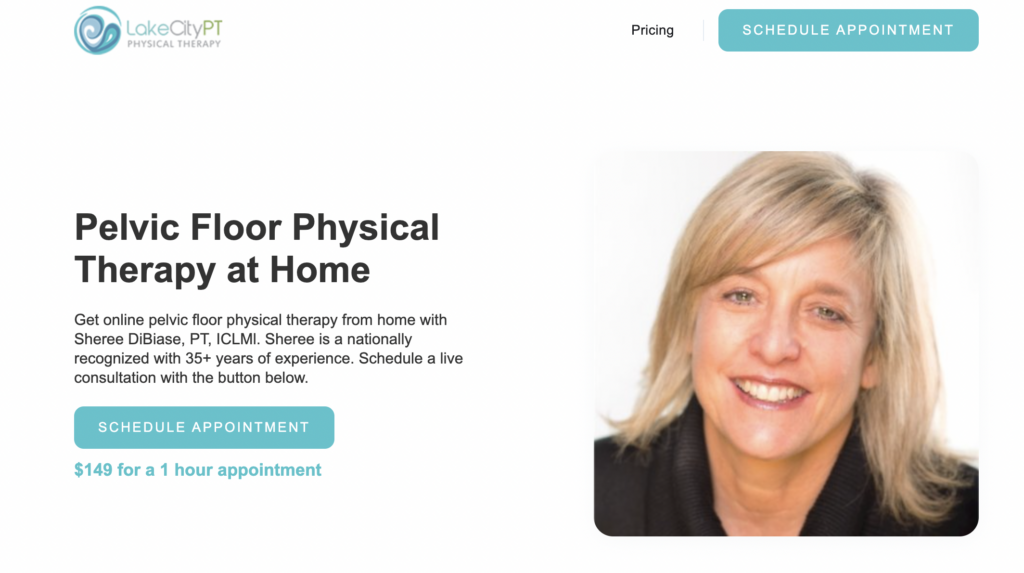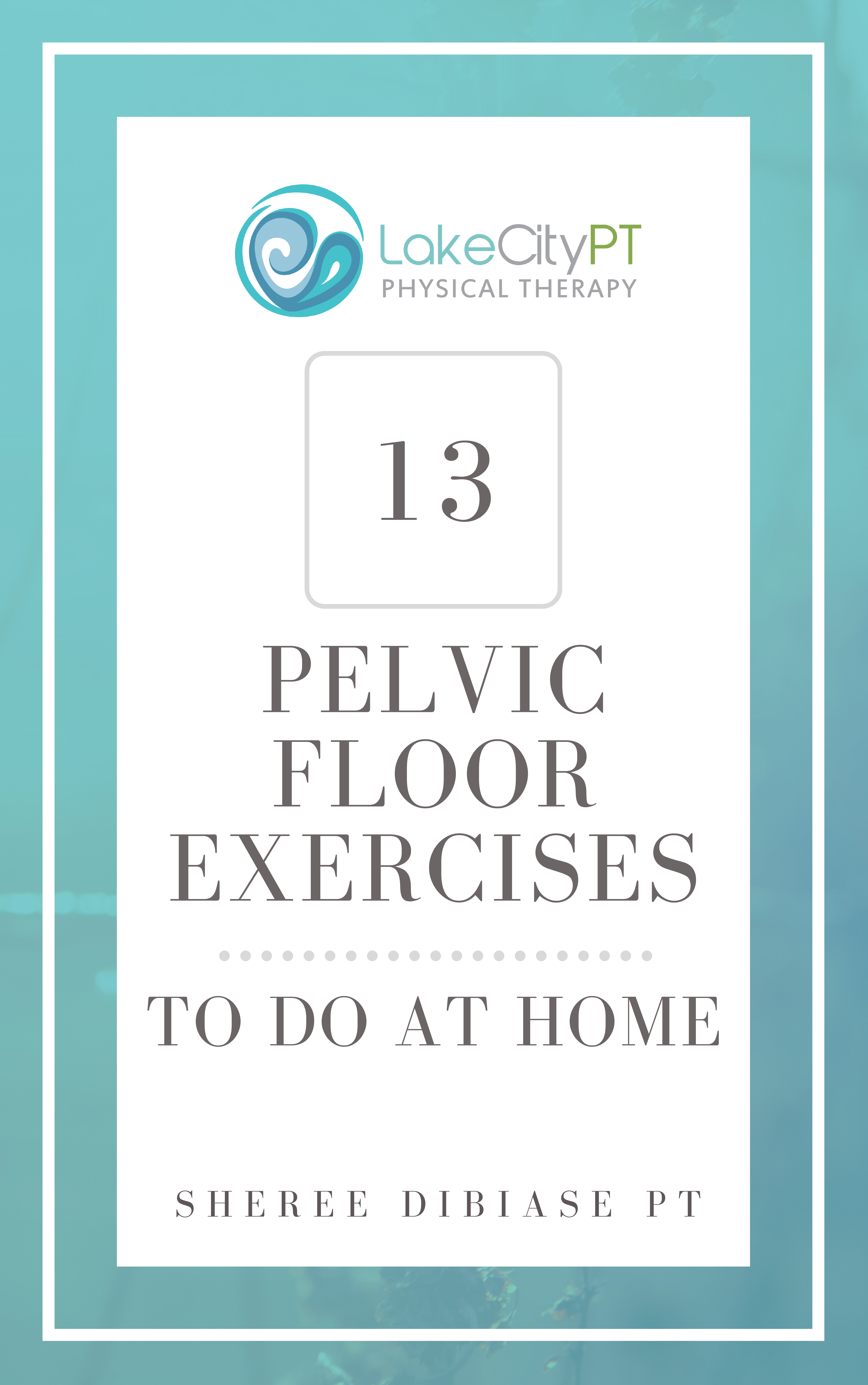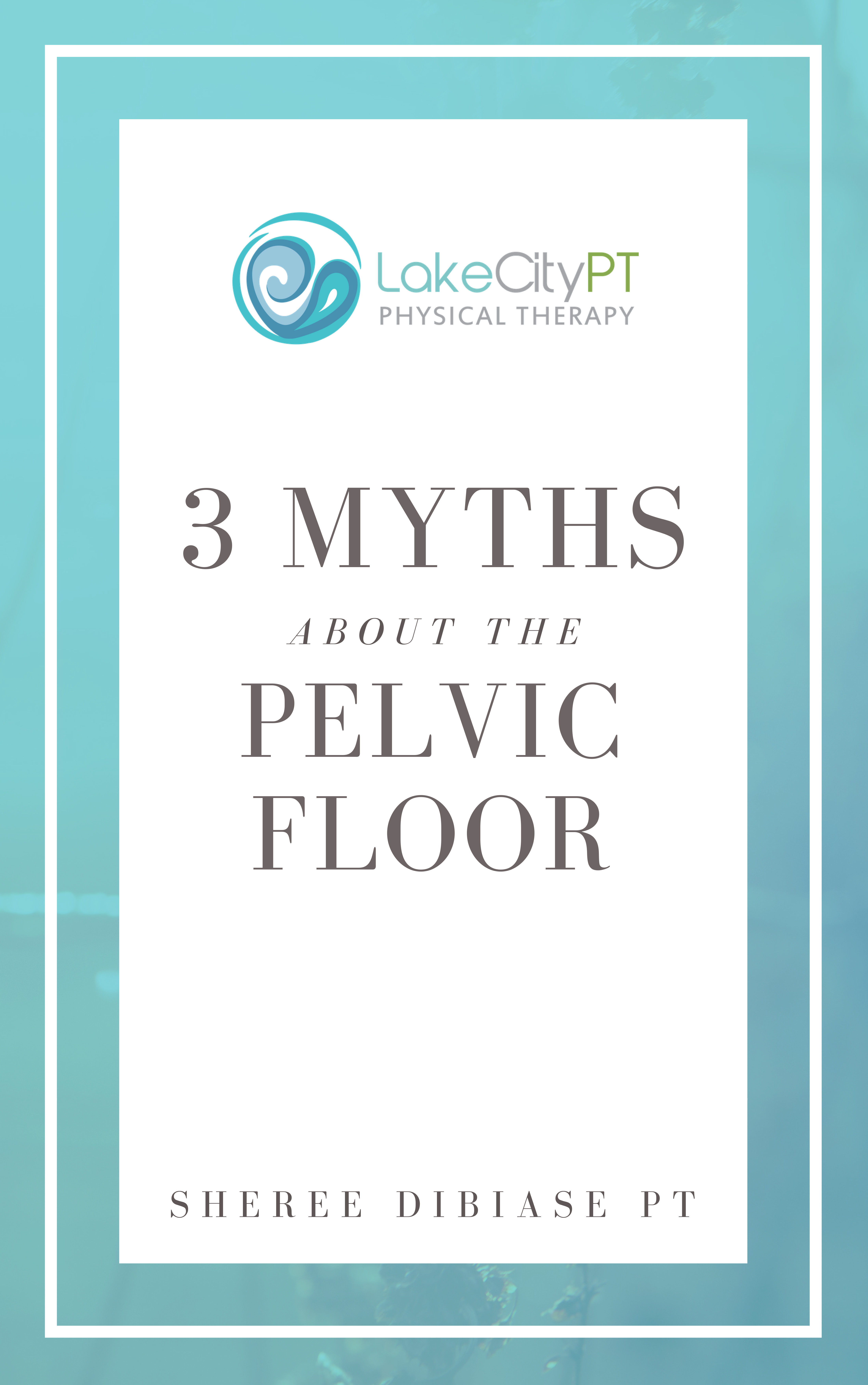Pelvic Pain After Pooping
Given that the rectum is so close to both the vaginal muscles as well as the bladder, experiencing some sort of sensations related to the pelvis is natural. But when these sensations develop into pain or discomfort each time you use the bathroom, it can be a major cause for concern. In some cases, it’s something that’s easily treatable. In other cases, it’s a more chronic condition that you will need to treat immediately.
We’ve covered pelvic pain related to pooping or similar disorders in the past, but having a more comprehensive list of potential problems can make it easier to identify potential symptoms and seek out treatment faster. If you’re experiencing pelvic pain after pooping, let’s take a look at some potential causes and solutions to help you feel more comfortable when using the bathroom.
Related Articles
Online Pelvic Floor Physical Therapy
Get pelvic floor physical therapy from home. Our online pelvic floor physical therapy can help with incontinence, constipation, painful intercourse and more.
Schedule a live video call consultation with the button below.
Pelvic Floor Dysfunction Disorders
Pelvic floor dysfunction can be at the root of your pelvic pain. But while this type of issue sounds like one type of problem, the reality is that there is a range of pelvic floor dysfunction disorders that can be responsible for pain while defecating. Let’s take a closer look at a few of them to get a better idea of what they are and what your response should be.
The different types of disorders
There’s a wide range of pelvic floor dysfunction disorders. A few that may be responsible for pelvic pain after pooping include:
- Obstructed defecation: As the name suggests, obstructed defecation occurs when one’s body experiences difficulty completing a bowel movement, with stool reaching the bottom of the rectum and not quite being emptied completely. This can cause symptoms like pelvic pain and a feeling of having of still having to go to the bathroom. It can be caused by prolapse or by the muscles in the rectum not functioning as they should.
- Rectocele: A rectocele is when the rectum bulges into the vagina. This is caused by strain and when the wall between the rectum and the vagina weakens. Creating a pocket that stool will go into, it can make it difficult for those affected to completely empty their bowels. This can cause pain during and after defecation as well as during sexual intercourse.
- Levator syndrome: A bit different from our previous pelvic floor dysfunction disorders, levator syndrome is a condition in which one may experience random spasms in the pelvic floor throughout the day or after defecating.
Treatment options
If you have a pelvic floor dysfunction disorder, the good news is that there are plenty of treatment options out there designed to help you combat your unique symptoms. For some, surgery might be the best solution to issues like prolapse. However, for many, it’s about properly managing the pain symptoms and strengthening the pelvic floor. This means pursuing treatments like pelvic floor therapy, making lifestyle changes that make defecating easier, and using anti-inflammatories to manage pain throughout the day.
Irritable Bowel Syndrome
Irritable bowel syndrome (IBS) is a condition that’s more well-known in today’s world. Characterized by sensitivity to certain foods that cause the muscles in the digestive tract to relax or contract too much throughout the day, those who have IBS struggle to go about their day-to-day. While this is a chronic condition, it can be properly managed with the right support.
Symptoms
Signs and symptoms of IBS include:
- Cramming and pains around the lower abdominal area and the pelvis
- Constipation
- Diarrhea
- Severe bloating
Causes
IBS is another condition where medical professionals aren’t quite sure what causes it. However, there are several theories out there. Some of the potential causes behind IBS include hormonal imbalances, issues with gut bacteria, problems with the central nervous system, food poisoning, infections in the gastrointestinal system, and abnormal muscle function in the gastrointestinal system.
Treatment
IBS can be treated, although symptoms may still persist through these treatments. IBS is typically treated through various lifestyle changes designed to support better gut health, but doctors may also employ certain medications to battle symptoms of IBS or recommend certain therapies (like biofeedback or cognitive behavioral therapy to deal with the psychological impact of IBS).
Endometriosis
Endometriosis might not seem like a cause of pelvic pain after pooping, but it absolutely can be. Endometriosis is a disorder in which tissue that grows inside of the uterus begins growing outside of it. This is an often painful condition, especially because this tissue has nowhere to exit the body during a period. Cysts may also form and surrounding tissue can become scarred in the process.
Symptoms
Signs and symptoms of endometriosis include:
- Severe pain during the menstrual cycle.
- Pelvic pain after a bowel movement or urinating, especially when you’re on your period.
- Pain during sexual intercourse.
- Heavier bleeding than is normal for you.
- Related symptoms like fatigue, nausea, and constipation or diarrhea.
Causes
There is a wide range of speculated reasons why endometriosis develops in some women. Suggested explanations include retrograde menstruation, immune system disorders, and complications after certain surgeries like hysterectomies.
Treatments
Treating endometriosis often involves medications or hormone therapies as well as surgery, especially for those who are dealing with more severe cases of endometriosis.
Get the Support You Need Here at Lake City PT!
As you can see from the above, there is a wide range of potential causes that can be behind your pelvic pain after a bowel movement. For some of these, you might need to turn to medications or surgery in order to alleviate the symptoms and begin working toward a better quality of life. For others, like pelvic floor dysfunction, however, you can reach out to a physical therapist for support.
That’s where Lake City PT comes in! If you’re in need of pelvic floor therapy, we’re the most authoritative pelvic floor therapy center serving women in Idaho and Washington who need support with their pelvic floor and day-to-day symptoms that arise from their disorders. Are you ready to start your healing journey? Take the first step by scheduling an appointment with us today!



